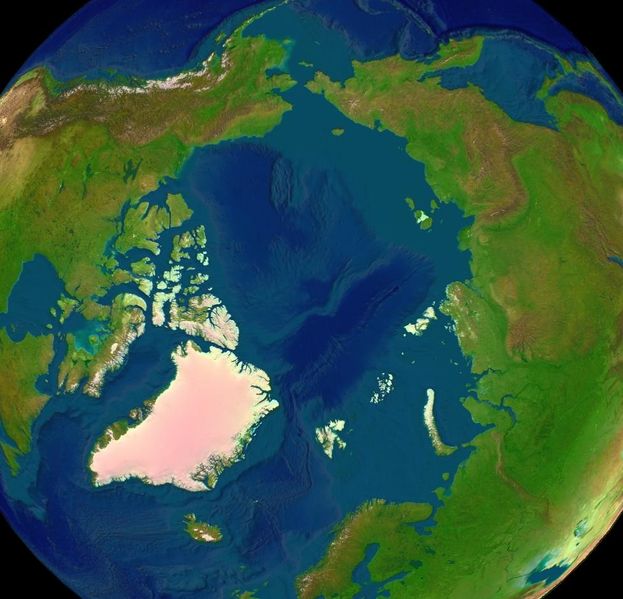Technological and environmental challenges of Arctic shipping
A new publication by Akvaplan-niva AS and Marintek with JCLOS as partners in the interdisciplinary project "A-LEX: Regulating Arctic Shipping: Political, legal, technological and environmental challenges", creates a fictive case studie of the vessel Oleum's navigation in the Arctic region and evaluates its' technical and environmental challenges and effects.
International shipping through Arctic waters is predicted to increase when the retreat of the sea ice provides for shorter routes between Europe and Asia and for transport of resources. Assessing potential outcomes of a fictional scenario is a valuable tool for assessing and predicting human influence on nature and ecosystems. This is brilliantly done in the recent publication "Technological and environmental challenges of Arctic shipping - a case study of a fictional voyage in the Arctic".
 The publication presents a fictional case involving the multipurpose supply vessel
The publication presents a fictional case involving the multipurpose supply vessel
Oleum, transporting one large object and many containers loaded with chemicals
and equipment for use by the petroleum industry in western Siberia. Clogged fuel
filters causes engine failure and the vessel drifts ashore. Heeling over, Oleum loses
both cargo and marine diesel oil. The publication discusses amongst other issues
the environmental impact and the visible effects of the grounding.
Foto: Colourbox, UiT
Curious about the findings and analysis? Read the open access article: http://www.polarresearch.net/index.php/polar/article/view/27977
Last updated: 02.06.2016 09:26